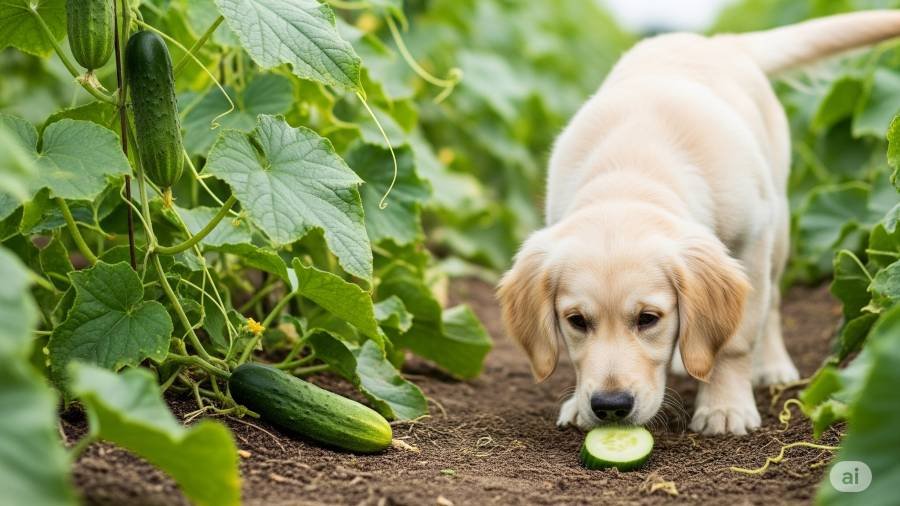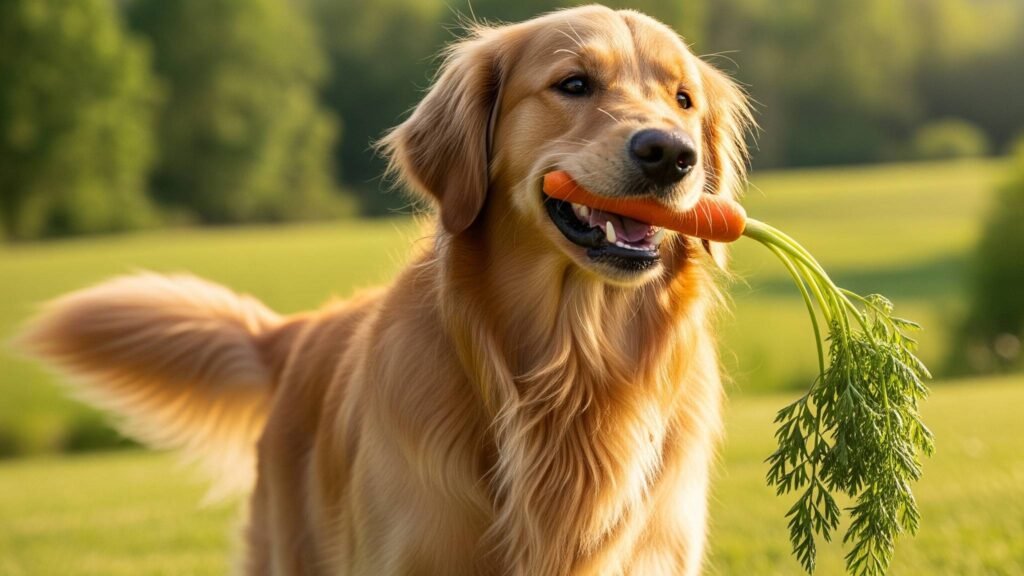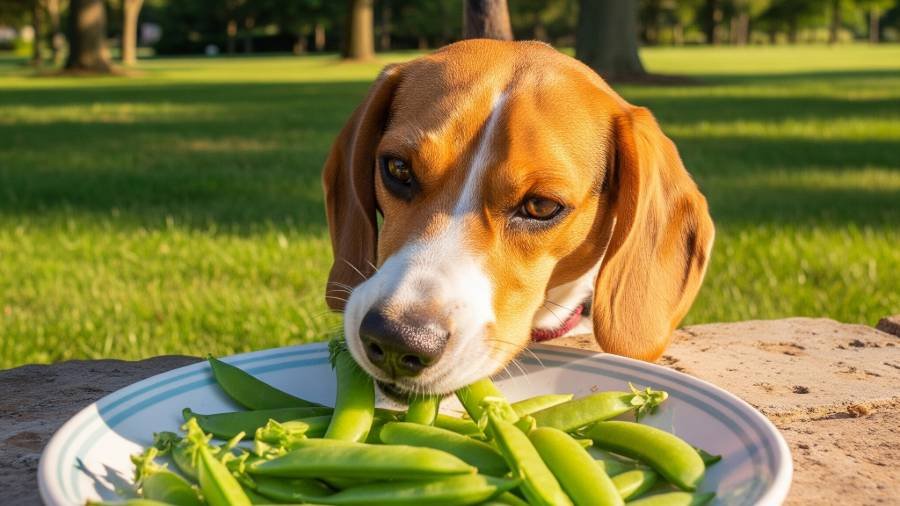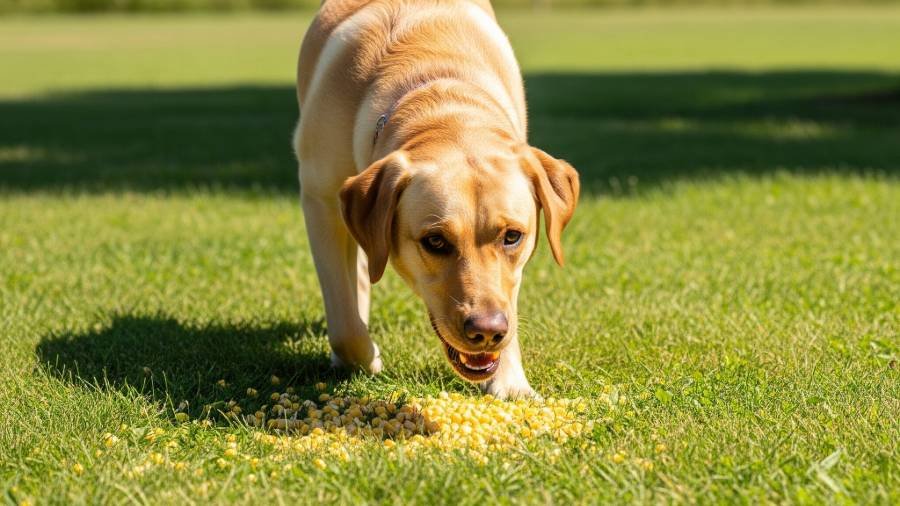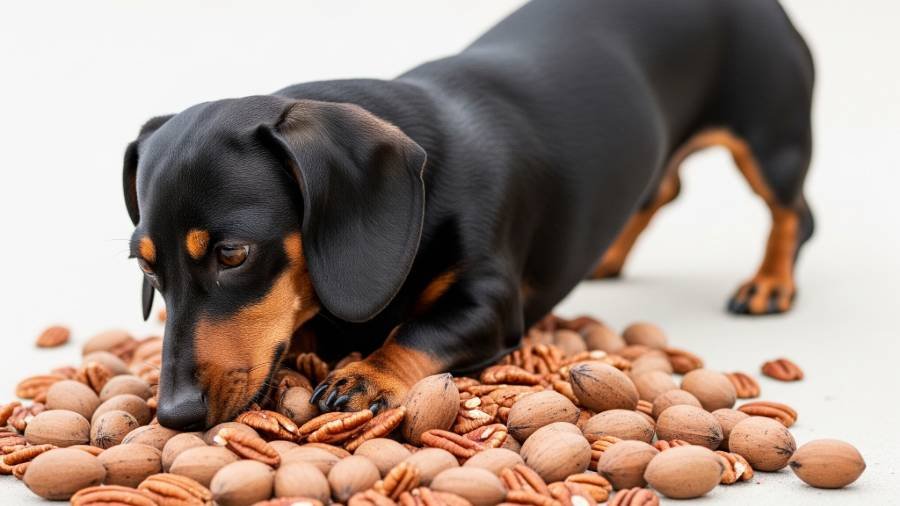Yes, dogs can eat sunflower seeds in moderation as a healthy addition to their diet, provided they are prepared safely and offered sparingly.
While sunflower seeds are safe for dogs to eat and offer nutritional benefits, improper feeding can pose risks.
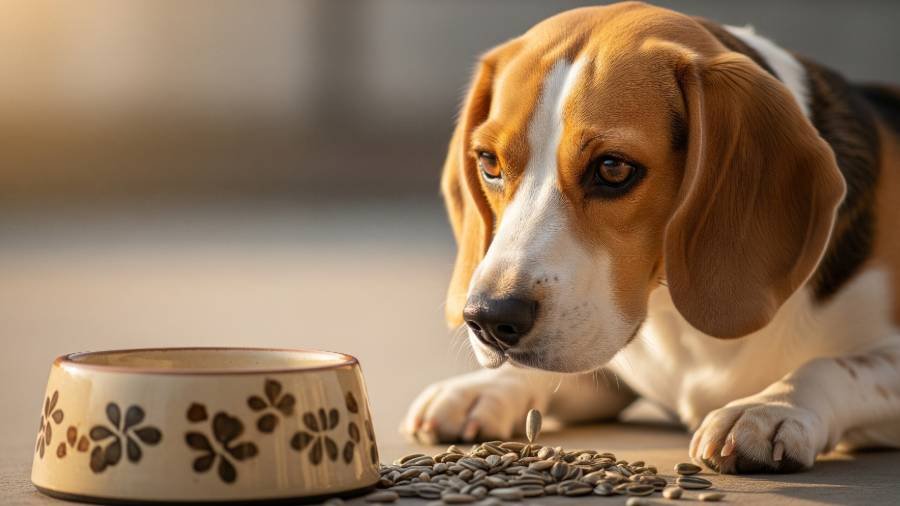
Potential Benefits of Sunflower Seeds for Dogs
When dogs eat sunflower seeds in small amounts, they provide several advantages that enhance a dog’s diet:
- Healthy Fats: Sunflower seeds are a good source of fatty acids, supporting skin and coat health in your furry friend.
- Vitamins and Minerals: Rich in vitamin E, magnesium, and selenium, they boost the immune system and overall wellness.
- Antioxidant Properties: The seeds help combat oxidative stress, potentially benefiting long-term health.
- Energy Boost: The healthy fats offer a quick energy source, ideal for active dogs.
- Dental Health: Chewing unsalted seeds may help clean teeth, though supervision is key.
These benefits make sunflower seeds are a good option when you feed your dog sunflower seeds as an occasional treat. For more on safe nuts and seeds, explore can dogs eat pumpkin seeds.
Risks and Dangers of Sunflower Seeds for Dogs
While sunflower seeds are safe for dogs, certain risks arise if not handled correctly:
- Choking Hazard: Whole seeds or shells can pose a choking risk, especially for small dogs or puppies.
- High Fat Content: Excessive intake can lead to weight gain or pancreatitis, particularly in smaller dogs.
- Salted Sunflower Seeds: Added salt can raise blood pressure and cause sodium poisoning in dogs.
- Digestive Issues: Shells or overeating may cause upset stomach or intestinal blockages.
- Allergic Reactions: Though rare, some dogs may develop allergies, showing signs like itching or ear inflammation.
- Caloric Density: Too many seeds can disrupt a balanced diet if they exceed daily caloric needs.
How to Safely Feed Sunflower Seeds to Dogs
To ensure sunflower seeds are a safe treat, follow these guidelines when feeding your dog sunflower seeds:
- Use Unsalted and Unshelled: Remove shells and avoid salted sunflower seeds to prevent sodium-related issues.
- Grind or Chop: For small dog safety, grind seeds into a fine powder or chop them to reduce choking hazard.
- Feed in Moderation: Offer a small amount (e.g., 1-2 teaspoons for small dogs, up to 1 tablespoon for larger breeds) once or twice a week, keeping treats under 10% of a dog’s daily intake.
- Avoid Additives: Serve plain seeds without oils, flavors, or seasonings that could harm a dog’s health.
- Monitor Reactions: Introduce sunflower seeds gradually and watch for digestive upset or allergies over 24-48 hours. Consult a vet if problems arise.
- Consult a Vet: Seek veterinary advice before adding seeds, especially for dogs with pancreatitis or sensitive stomachs.
Signs of Sunflower Seed-Related Issues
If a dog eats sunflower seeds excessively or reacts poorly, look for these warning signs:
- Vomiting, diarrhea, or reduced appetite (possible upset stomach)
- Difficulty breathing or choking (from whole seeds or shells)
- Lethargy or tremors (indicating salt poisoning or pancreatitis)
- Excessive scratching or ear issues (rare allergic reactions)
- Abdominal pain or bloating (digestive blockage)
If these signs appear, stop feeding sunflower seeds and contact a veterinarian immediately. Severe cases may need urgent care.
Expert Opinions
Veterinary experts, including the American Society for the Prevention of Cruelty to Animals (ASPCA) and veterinary nutritionists, confirm that dogs can eat sunflower seeds safely in moderation, highlighting their vitamin E and fatty acid content. They caution against salted varieties and recommend removing shells to avoid choking hazards. For more on safe treats, check can dogs eat peanuts.
Additional Considerations
- Health Conditions: Dogs with pancreatitis, high blood pressure, or allergies should avoid sunflower seeds. Consult a vet first.
- Puppies: Young dogs need ground seeds to prevent choking; monitor closely.
- Dog Preferences: Many furry friends enjoy the nutty taste, but some may not. If uninterested, try can dogs eat carrots.
- Organic vs. Non-Organic: Organic seeds may reduce pesticide risk, but all should be washed if shelled.
- Storage: Keep seeds in an airtight container to maintain freshness and prevent spoilage.
Safe Treat Alternatives
Instead of sunflower seeds, consider these safe-for-dogs treats, tailored to enhance a dog’s diet:
- Cooked Turkey: Plain, unseasoned turkey chunks provide protein.
- Carrots: Small, raw carrot sticks support dental health.
- Blueberries: A few fresh blueberries offer antioxidants.
- Plain Pumpkin: A teaspoon of cooked pumpkin aids digestion.
Introduce new treats gradually, monitor for reactions, and consult a vet to ensure a balanced dog’s diet.
Dogs can eat sunflower seeds as a safe, nutrient-rich treat when unsalted, shelled, and fed in moderation, offering benefits like healthy fats and immune system support for skin and coat health.
However, risks such as choking hazard, high fat content, or salt poisoning from salted sunflower seeds require careful preparation and portion control.
Puppies or dogs with health issues like pancreatitis should avoid seeds unless approved by a vet, and a balanced diet should remain the priority.
Always consult a veterinarian before feeding your dog sunflower seeds or other nuts, and consider safe alternatives. For more on canine nutrition, explore can dogs eat almonds, can dogs eat apples, or what vegetables can dogs eat.
For additional questions about what dogs can eat or dietary concerns, feel free to ask!
